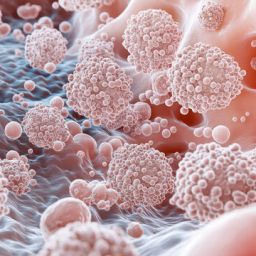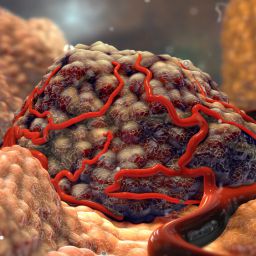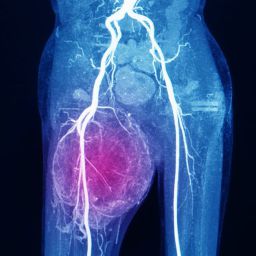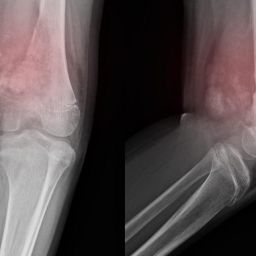
1. Understanding Soft Tissue Cancer and Aging
A. What is Soft Tissue Cancer?
Soft tissue cancer refers to a diverse group of malignancies that arise from the soft tissues of the body. These cancers are relatively rare and can develop in any part of the body, but are most commonly found in the arms, legs, and abdominal region. Soft tissue sarcomas account for less than 1% of all cancers, but their complexity, aggressiveness, and potential for metastasis make them a significant concern.
The types of soft tissue sarcomas vary widely and can include:
- Liposarcoma (fat tissue)
- Leiomyosarcoma (smooth muscle)
- Rhabdomyosarcoma (skeletal muscle)
- Angiosarcoma (blood vessels)
- Synovial sarcoma (joint lining)
As the body ages, the risk of developing soft tissue cancer increases, with most cases being diagnosed in people over the age of 60. This increased risk is due to a combination of genetic, environmental, and cellular changes that occur with aging.
B. Aging and Its Impact on Cancer Risk
Aging is one of the most well-established risk factors for cancer development, including soft tissue sarcoma. While the exact mechanisms are still being studied, several key processes contribute to the increased risk of cancer as people grow older:
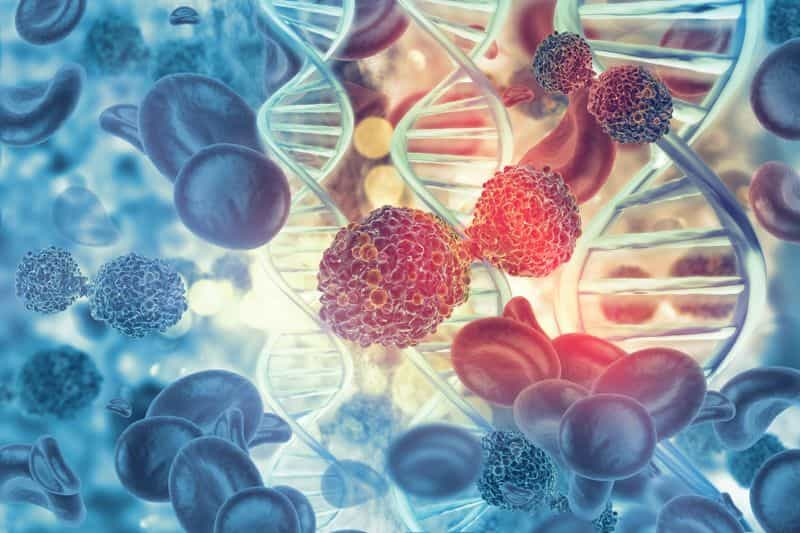
- Accumulation of DNA Damage: Over time, cells accumulate DNA damage due to factors like oxidative stress, environmental exposures (e.g., radiation, toxins), and normal metabolic processes. As people age, the body’s ability to repair DNA damage decreases, leading to a higher risk of mutations that can drive cancer development.
- Telomere Shortening: Telomeres are protective caps at the ends of chromosomes that prevent them from deteriorating or fusing with neighboring chromosomes. As cells divide, telomeres shorten, and their ability to protect chromosomes diminishes. When telomeres become too short, cells may become unstable, leading to the development of cancer.
- Weakened Immune System: The aging process also leads to a decline in immune function, a phenomenon known as immunosenescence. A weakened immune system is less capable of detecting and eliminating abnormal cells, allowing potential cancer cells to evade detection and grow unchecked.
- Chronic Inflammation: Chronic low-grade inflammation is common in aging and is associated with an increased risk of several types of cancer, including soft tissue sarcomas. Inflammation can contribute to genetic mutations and the creation of an environment conducive to tumor growth.
2. Cellular Transformation and Its Role in Soft Tissue Cancer Development
Cellular transformation is a critical step in the development of cancer. It refers to the process by which normal cells become abnormal, losing their ability to function properly, divide uncontrollably, and invade other tissues. Cellular transformation is influenced by both genetic and environmental factors and plays a significant role in soft tissue cancer development, particularly in aging individuals.
A. Mechanisms of Cellular Transformation in Aging
As cells age, they undergo several changes that increase their susceptibility to transformation into cancerous cells. These changes can be categorized into several mechanisms:
- Genetic Mutations: With age, the accumulation of mutations in the DNA of somatic cells increases. These mutations may affect tumor suppressor genes (such as p53) or oncogenes (such as Ras or Myc). Tumor suppressor genes normally act to prevent the uncontrolled growth of cells, while oncogenes promote such growth. Mutations that deactivate tumor suppressor genes or activate oncogenes can lead to cellular transformation and cancer.
- Epigenetic Changes: Epigenetic changes are alterations in gene expression that do not involve changes to the underlying DNA sequence. These changes can be caused by environmental factors, diet, or lifestyle, and they become more prevalent as a person ages. Epigenetic alterations can silence the expression of genes that protect against cancer or activate genes that promote tumor growth, contributing to cellular transformation.
- Stem Cell Dysfunction: Stem cells play a critical role in tissue regeneration and repair. As individuals age, their stem cells lose their regenerative capabilities, and their ability to maintain tissue homeostasis becomes compromised. This dysfunction can lead to the accumulation of damaged cells that are more prone to transformation into cancerous cells.
- Changes in Cellular Signaling: Aging also affects the cellular signaling pathways that regulate cell growth, division, and death. For example, the pathways that control apoptosis (programmed cell death) become less efficient over time. As a result, damaged or mutated cells that would typically undergo apoptosis to prevent cancer cell formation may survive and proliferate, increasing the likelihood of cancer.
B. The Role of Cellular Senescence in Cancer Development
Cellular senescence is another key factor in aging and cancer development. Senescence refers to the irreversible cessation of cell division, which is often triggered by damage to the cell’s DNA or other stressors. Although senescent cells no longer divide, they can still produce pro-inflammatory cytokines, growth factors, and enzymes that contribute to the development of cancer. These senescent cells can create a microenvironment that promotes tumor growth, angiogenesis (formation of new blood vessels), and tissue remodeling, all of which facilitate cancer progression.
3. Aging and the Tumor Microenvironment
The tumor microenvironment (TME) is the environment surrounding a tumor, including blood vessels, immune cells, fibroblasts, and extracellular matrix. As people age, changes to the TME can contribute to the development and progression of soft tissue cancer.
A. Aging and Inflammatory Mediators in the TME
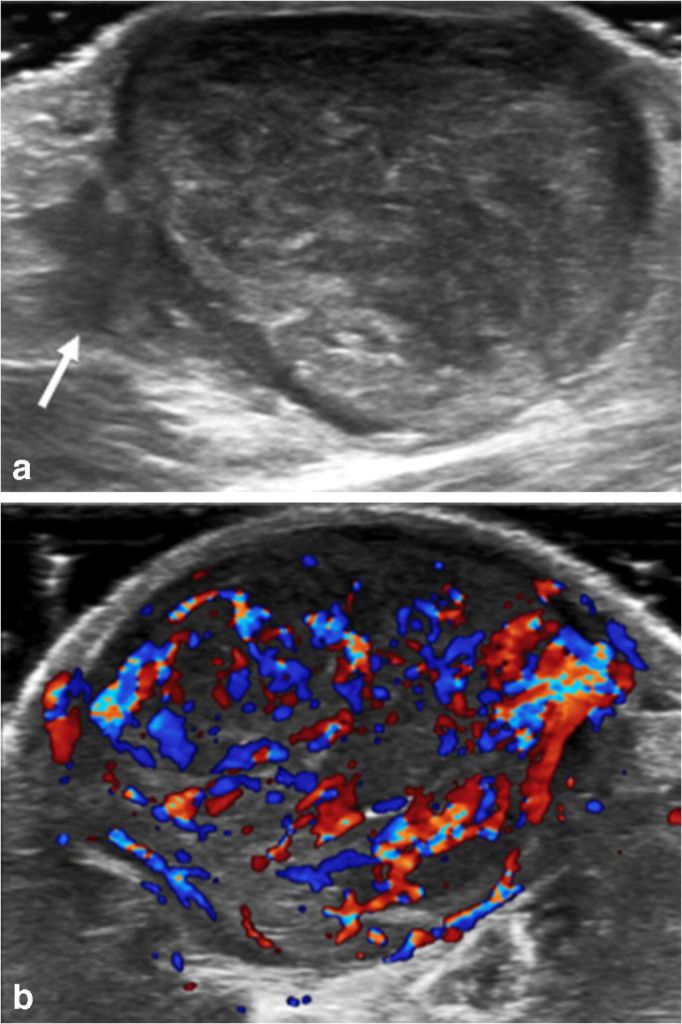
Chronic inflammation plays a significant role in cancer development, and aging is associated with an increase in the production of pro-inflammatory cytokines and other inflammatory mediators. These mediators can create a microenvironment that is conducive to tumor development by promoting angiogenesis, tissue remodeling, and immune evasion.
In soft tissue cancer, inflammatory cells and factors in the TME may aid in the transformation of normal cells into malignant ones, promote tumor growth, and increase the likelihood of metastasis. Moreover, inflammatory cells in the TME may suppress the body’s immune response, allowing tumor cells to evade detection and elimination.
B. Altered Immune Surveillance in Aging
As individuals age, their immune system becomes less efficient at identifying and eliminating abnormal cells. This phenomenon, known as immunosenescence, results in a decreased ability to recognize and destroy cancer cells. In the context of soft tissue sarcomas, this decline in immune surveillance can allow the growth of tumors and increase the risk of metastasis.
Furthermore, as people age, the immune system becomes more prone to chronic low-grade inflammation, which, as previously mentioned, can create an environment that supports tumor growth.
4. Genetic Predisposition and Aging: Familial Soft Tissue Sarcomas
While aging is a significant risk factor for soft tissue cancer, genetic predisposition also plays a crucial role in some cases. Certain inherited genetic mutations can increase the risk of developing soft tissue sarcomas, particularly in younger individuals. However, these genetic factors can interact with the aging process, further increasing the likelihood of cancer development in older adults.
Key Genetic Syndromes Associated with Soft Tissue Sarcoma:
- Li-Fraumeni Syndrome: This inherited disorder increases the risk of various cancers, including soft tissue sarcomas. Individuals with Li-Fraumeni syndrome have mutations in the p53 gene, which is crucial for regulating the cell cycle and preventing the accumulation of genetic mutations.
- Neurofibromatosis Type 1: This genetic condition increases the risk of developing soft tissue sarcomas, particularly in individuals over the age of 50. Neurofibromatosis is characterized by the development of multiple tumors, including malignant peripheral nerve sheath tumors (MPNST).
- Gardner Syndrome: Another genetic syndrome that predisposes individuals to soft tissue sarcomas. People with this condition develop multiple benign tumors, including fibromas, which can transform into malignant forms over time.
5. The Future of Aging and Soft Tissue Cancer Risk
As the global population ages, the incidence of soft tissue cancers is expected to rise, driven in part by the aging process and its associated cellular transformations. Aging increases the risk of soft tissue sarcomas through mechanisms such as genetic mutations, cellular senescence, and altered immune function. Furthermore, the tumor microenvironment plays a crucial role in promoting cancer development in older individuals.
Understanding the complex relationship between aging and soft tissue cancer is vital for improving early detection, prevention, and treatment strategies. As research continues to uncover the molecular pathways that link aging with cancer, personalized approaches to cancer care will be essential in addressing the unique needs of older patients.

